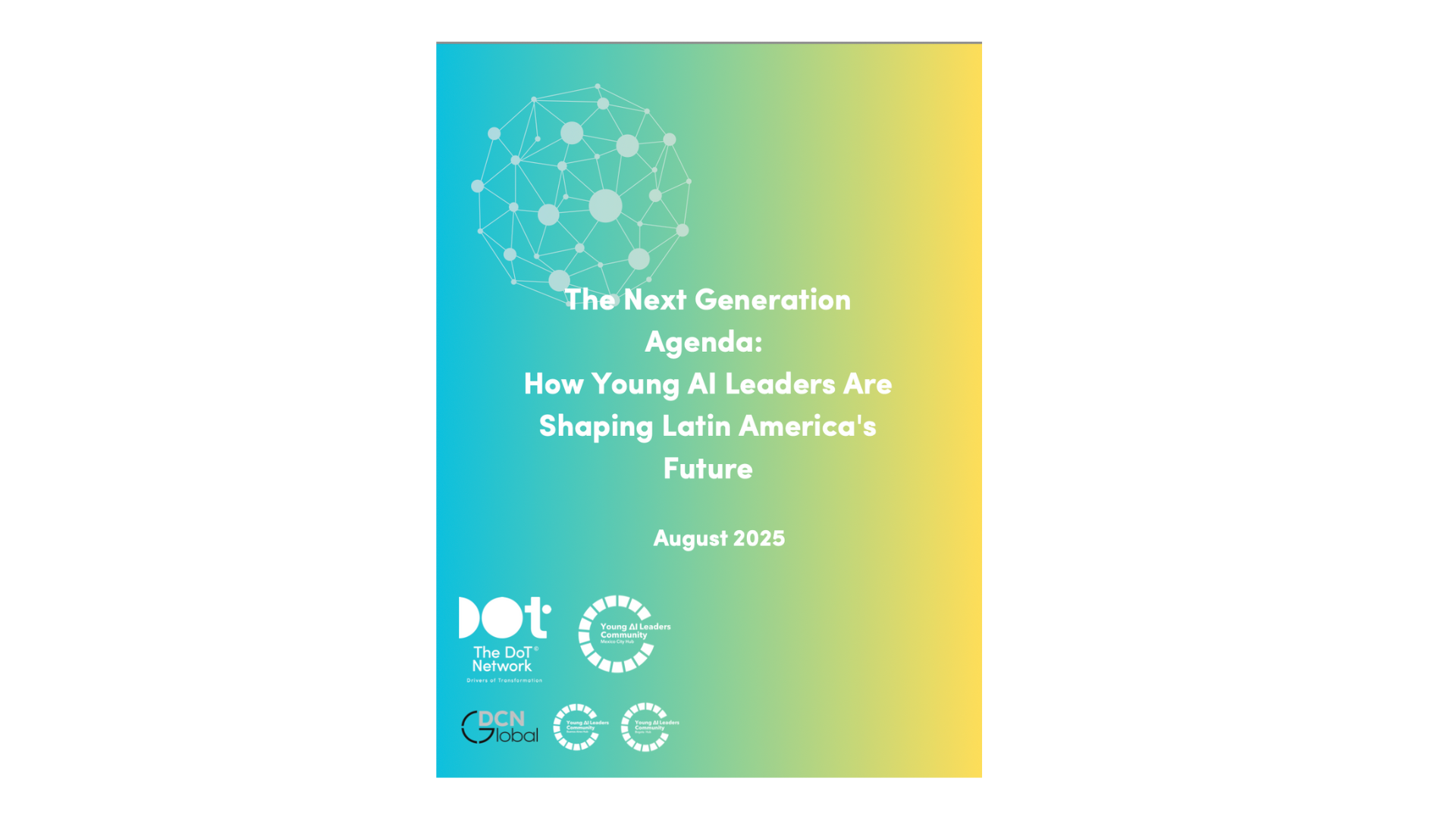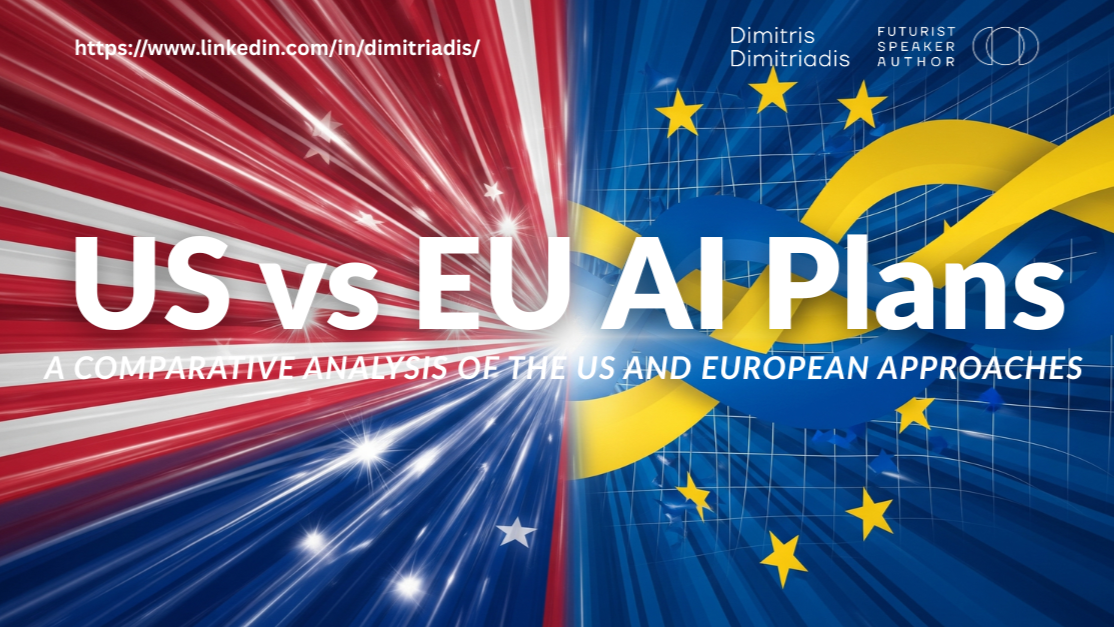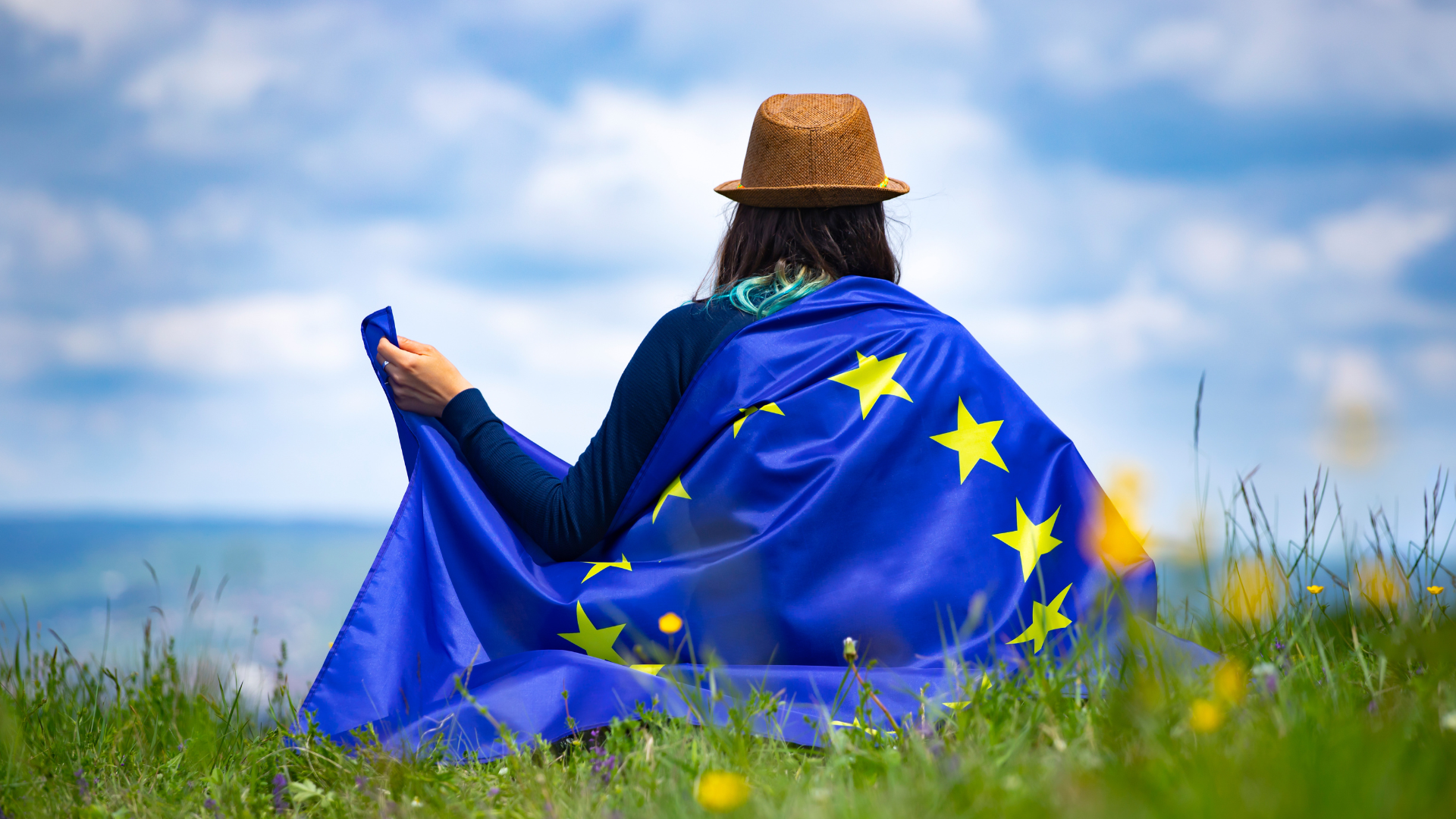
In the ever-evolving landscape of the world, the European Union (EU) stands as a remarkable example of cooperation, unity, and transformation. This unique partnership of 27 countries, huddled together on the continent of Europe, has a compelling story to tell. Imagine it as a closely-knit team, where each member brings their unique skills and strengths to the table, working together to achieve common goals and make life better for everyone involved. The EU was born out of a profound desire for peace and unity in a region that had experienced the devastating effects of war. Before we delve into the details of how this incredible team works, let's go back in time to understand the historical context that led to its creation.
The European Union (EU) is a remarkable partnership of countries, all huddled together on the continent of Europe. Imagine it as a team where each member brings their unique skills and strengths to achieve common goals and make life better for everyone involved. This incredible team was built on a powerful idea: to ensure peace and prosperity in a region that had witnessed the devastating effects of war, particularly World War II.
Before we dive into the details of how this team operates, let's take a trip back in time. The mid-20th century was a dark period in Europe. The two World Wars had torn the continent apart, causing immense suffering and loss of life. In the aftermath of World War II, visionary leaders thought, 'Enough is enough!' The European Union was born out of a desire for peace, unity, and cooperation. It began with just six countries, but over the years, more and more nations decided to join this team. They realized that they could achieve more by working together, sharing their strengths, and helping one another in times of need.
What is the EU?
The EU is like a family of 27 countries, each with its unique story, culture, and traditions. They've come together, forming a powerful bond and agreeing on certain rules and principles that guide their interactions. These rules are based on important values such as democracy (where the people have the right to say how things run), human rights (treating everyone fairly and kindly), and the rule of law (following agreed-upon rules and not doing whatever you want).
Now, how does this family operate? In practical terms, one of the major perks of being in this family is the ability to move around freely within the EU. It's like having a big, open house where all family members are welcome to visit, stay, and even work. Citizens from one EU country can easily travel, live, study, and work in another EU country. This freedom of movement has opened up exciting opportunities for people and businesses alike.
When it comes to money matters, most of these family members share a common currency called the Euro (€). It's like using the same type of money when playing a game—everyone's on the same page, and it makes trading and doing business a whole lot simpler. However, running a big family requires some structure and organization. The EU has its own set of leaders and institutions that make decisions and manage various aspects of this cooperative endeavor. These leaders come from each member country, and together they work towards common goals and objectives. For example, you have the European Commission, which is like the engine room, proposing new laws and ensuring the rules are followed. Then there's the European Parliament, where the people's voices are heard through their elected representatives.
The EU is not just about trade and currency; it's about setting standards for a better life. This family also focuses on important issues like protecting the environment, ensuring fair working conditions, and supporting those in need. They believe in sustainability, aiming to leave a better world for generations to come.
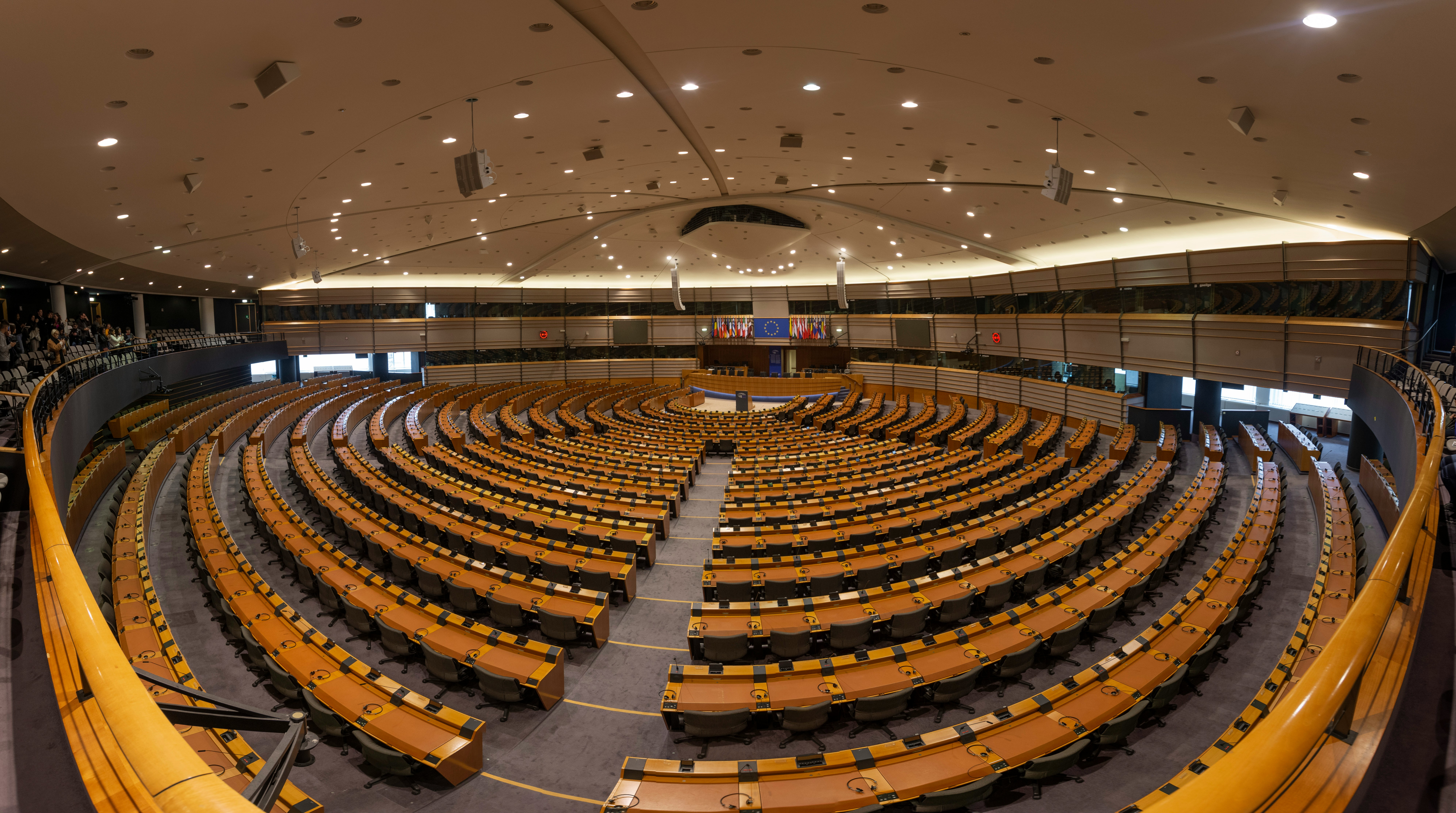
Photo by Marius Oprea on Unsplash
How does the family accept new members?
Now, what about newcomers to the family? Well, countries from Eastern Europe, once part of the Soviet Union, have been eager to join the EU. They've seen the positive changes and benefits experienced by existing members and want to be a part of it too. The EU helps these aspiring members by guiding them through a structured process, making sure they're ready to follow the rules and values that the EU holds. The Eastern Partnership, an initiative by the EU, focuses on strengthening relations with countries like Armenia, Azerbaijan, Belarus, Georgia, and Moldova. It's like building bridges between neighbors, fostering good relationships, and encouraging reforms that align them more closely with European standards. In a nutshell, the European Union is all about friendship, teamwork, and creating a better life for the people of Europe. It's a fascinating example of how countries can come together, let go of old grudges, and work towards a common future of peace, progress, and prosperity. The EU story is still unfolding, and with each passing day, it's making history in ways that will shape the future of the world.
How were the new members affected by the EU?
Let's explore how being part of the European Union (EU) has affected the countries in Eastern Europe, particularly in terms of democratization, since they became EU members. Imagine joining the EU is like becoming a member of a big club. When Eastern European countries like Poland, Hungary, the Czech Republic, Slovakia, Slovenia, Bulgaria, Romania, Croatia, and others became part of this club, they had to follow certain rules. These rules were not just about trading goods or using the same currency (the euro). They were about how these countries should treat their people, how they should make laws, and how they should run their governments. Being in this club encouraged these countries to improve their democratic ways. It's like having older, experienced members guide the new ones on how to have fair elections, protect people's rights, and make sure the legal system is just and transparent.
For example, before joining the EU, some countries in Eastern Europe had issues with corruption and fairness in their legal systems. Joining the EU pushed them to clean up their act. They had to make sure their courts were fair, their laws protected everyone equally, and their systems were transparent. The Eastern European Human Development Index table clearly shows that the EU has a significant impact on its member states as well as neighboring countries.
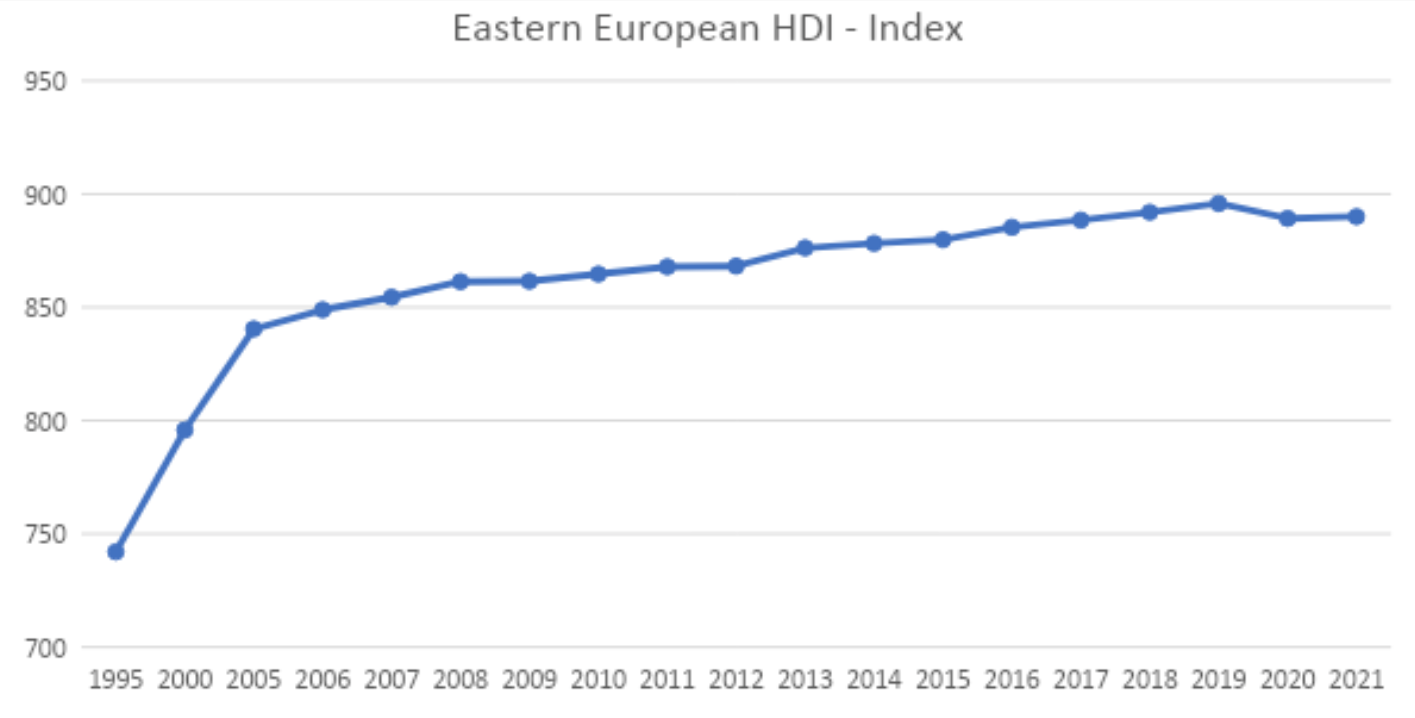
The EU provided these countries with funding and support to make changes for the better. They helped with building institutions that safeguard democracy, such as independent courts and agencies to fight corruption. They also supported civil society, which includes groups and organizations that work for the rights of citizens. One important aspect of democratization is ensuring that the media is free and able to voice different opinions. The EU encouraged freedom of the press and helped these countries create an environment where the media could operate independently and report without fear.
Moreover, the EU helped countries in Eastern Europe embrace democratic values and practices through education and awareness programs. It's like teaching new members the ropes of being fair, just, and respectful to everyone, regardless of their background or beliefs. Over time, the influence of the EU has had a positive impact on the political landscapes of these Eastern European countries. They have become more stable, with governments that are accountable to the people. Citizens now have a stronger voice, and their rights are better protected. However, it's important to note that becoming a full-fledged democracy is a journey. Even after joining the EU, these countries are continuously working on improving their democratic systems, learning from their experiences, and striving to meet high standards.
REFERENCES
- Grabbe, H. (2014). Six Lessons of Enlargement Ten Years On: The EU’s Transformative Power in Retrospect and Prospect. Journal of Common Market Studies. Volume 52 Annual Review.
- Keukeleire, S., & Delreux, T. (2018). The foreign policy of the European Union. Third Edition.
- Moravcsik, A. (1993). Preferences and power in the European Community: A liberal intergovernmentalist approach. Journal of Common Market Studies, 31(4), 473-524.
- Offe, Claus. (2013). Europe entrapped. Eurozine.
- Schimmelfenning, F. (2008). EU Political Accession Conditionality After The 2004 Enlargement: Consistency and Effectiveness. Journal of European Public Policy 15:6
- Open Democracy. (May 2019). Charta 2020: A Charter of European Public Goods.
*This article is part of the Youth Media project, implemented by DCN Global with Gen, știri and Forum Apulum. Read more here.

